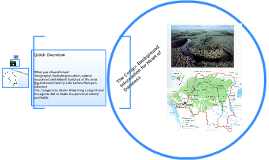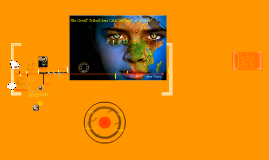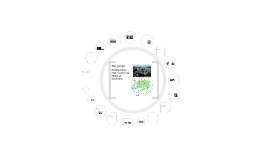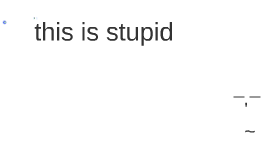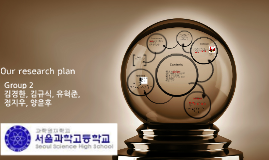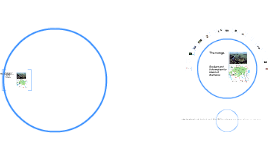Background Information for Heart of Darkness
Transcript: 3. The Congo Free State Congo River The main geographic feature is the Congo River Fifth longest river in the world Ne Vunda, Kongolese ambassador to the Vatican, 1608 What you should know: Geography- Including location, natural resources and natural features of the area Pre-Colonial History- Life before Europe’s takeover The Congo Free State- What King Leopold and his agents did to make his personal colony profitable Quick Overview The colony “belonged” not to Belgium, but to Leopold personally, making him the only individual to ever colonize a country. Leopold sent the famous explorer of Africa, Henry Morton Stanley, to n egotiate treaties with the natives. Native chiefs were offered trinkets or cloth if they would place an X on a document in foreign tongue. These treaties, along with Leopold’s assurances that his goal was to end the practice of slavery, and a promise that the Congo would remain a free trade area, led the European countries to recognize Leopold’s claim to the territory in 1885. Continental Context The Congo Free State : “The Profit Imperative” Geography Soon a revolt broke out due to the cruel conditions and slave labor Leopold sent his troops into the villages to exterminate the young men To make sure bullets weren’t wasted the soldiers were expected to return with the severed right hands of those they killed. The Congo Imperialism: The policy of extending a nation's authority by territorial acquisition or by the establishment of economic and political hegemony (the predominant influence, as of a state, region, or group, over another or others) over other nations. Includes the system, policies, or practices of such a government. “Robbery with violence, aggravated murder on a great scale.” Heart of Darkness, page 70 The Belgian Government ended the worst of the atrocities, but still controlled the fate of the African natives “For their own good.” The African natives were never consulted about their future The Congo Free State The ability to use the river to gain access to the ivory and rubber rich interior made the Congo a coveted area for colonization. As European nations negotiated and agreed to respect each others’ claims to African territory, Leopold made his claim for the Congo. 1. Geography Congo River Village The Human Rights Movement The Congo Free State The Congo Free State The Congo Free State Often, however, the soldiers could not meet quotas, or had to justify bullets spent on hunting, and so would cut the hands off of living women and children. During the years from 1895-1908 it is estimated that 8-10 million people died due to murder, mistreatment and starvation. 2. Pre-Colonial Congo The Congo Free State : “The Profit Imperative” The Kingdom of the Congo (Kongo) According to Portuguese explorers the kingdom was a sophisticated and well run state, an imperial federation Known for advanced working in copper and iron Rich in ivory and rubber The Congo Free State The Berlin Conference, 1884-1885 Pre-Colonial Congo Imperialism Agents ‘encouraged’ young men to work by holding their wives and children captive until each man’s quota was met. Many who resisted were killed on the spot. Others were beaten with cruel whips called chicotte, made from dried hippo hide with sharp edges. Background Information for Heart of Darkness Leopold drove the slave traders out of the country, which he portrayed as a great humanitarian act. In reality, however, he did it to gain control of the region. He then paid his ‘agents’ in the country a percentage of the profits, encouraging them to make the trade more and more profitable. He also authorized the use of as much force as was deemed necessary. Public pressure eventually forced Leopold to sell the Congo Free State to the Belgian government. It became The Belgian Congo in 1908 The river was of vital interest to European powers because it and its tributaries represented a 7,000 mile series of connected waterways, a highway to the African interior For the first few years of Leopold’s rule his colony did not turn a profit. Soon the idea of free trade was abandoned and the natives could only trade with Leopold’s representatives, with 50% of the profits going to Leopold himself. In order to up the profits it became necessary to make use of cheap labor (gathering rubber is very labor intensive). Geography The Congo Free State Slavery Slavery was part of the culture of the Congo Originally slaves were captured during warfare, were criminals, or were debtors who could earn back their freedom Eventually, Muslim slave traders began to sell their slaves to European traders for export to the Americas Leopold II (1835-1909), King of Belgium from 1865 to 1909, infamous founder of the Congo Free State






